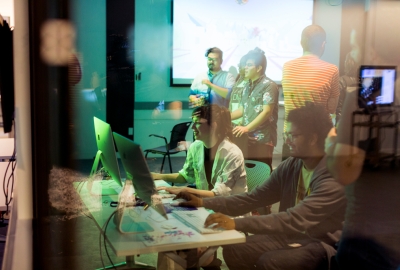Firm strategic behavior has a large influence on the food system. In this course, students use intermediate microeconomic analysis to deepen their understanding of how and why firms operate in the food system. Theoretical tools are developed in the first half of the course, including how firms maximize profits under competition, monopoly and oligopoly. Next, students examine firm organization, using transaction costs to understand why firms exist and why some firms choose to vertically integrate. Past case studies include meat packing, organic milk processing, and contracting in agriculture. No previous economics coursework is required.
Course #
FOOD-GE 2008
Credits
3
Department
Nutrition and Food Studies


